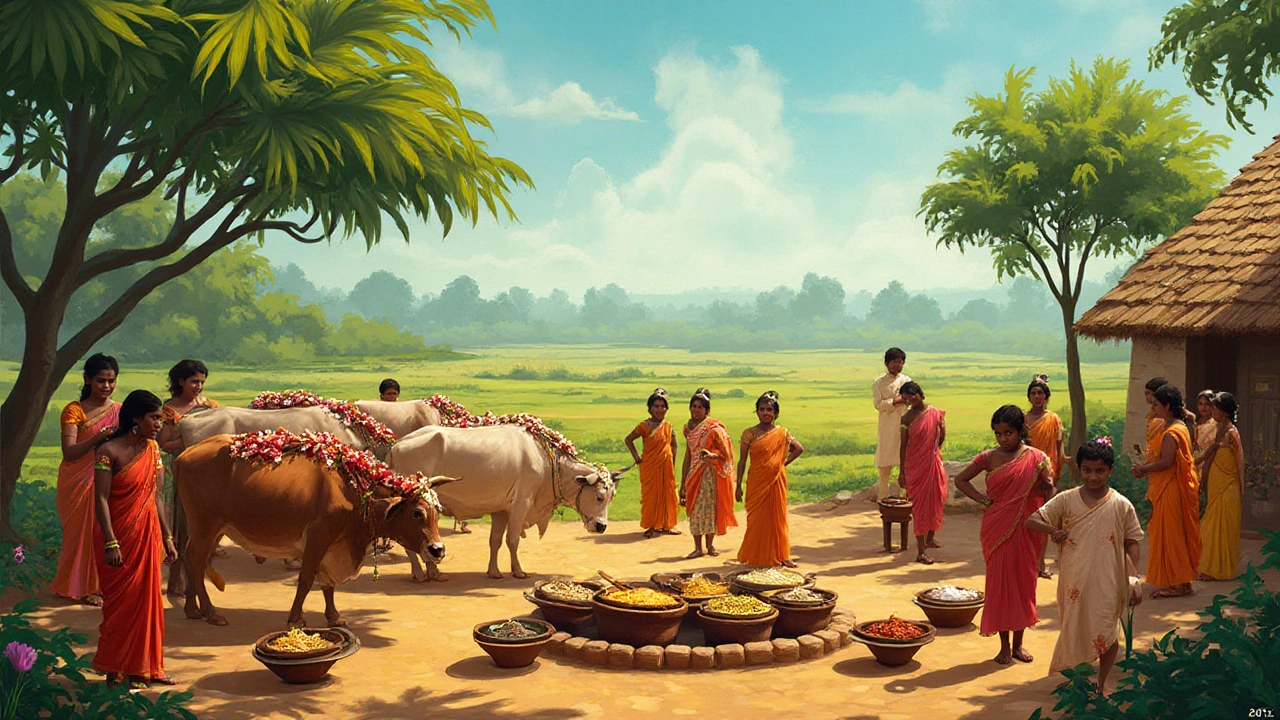Tamilian Beliefs: A Simple Guide to Culture, Religion, and Everyday Values
If you’ve ever wondered what makes Tamil people think and act the way they do, you’re in the right place. Tamilian beliefs blend centuries‑old traditions with the fast‑paced life of today. Below, we break down the key ideas that drive family decisions, festivals, and even how a typical day unfolds.
Family first – the heart of Tamil values
Family isn’t just a word for Tamils; it’s the center of everything. Respect for elders, caring for younger siblings, and keeping the joint‑family system alive are everyday rules. You’ll hear phrases like “Anna” (older brother) and “Akka” (older sister) used as signs of respect, even outside blood relations. This deep respect shapes how decisions are made – whether it’s choosing a career or arranging a marriage.
Religion and rituals that shape daily life
Most Tamils follow Hinduism, but you’ll also find Christians, Muslims, and Jains, each adding their own flavor. The most common practice is visiting the local kaavu (shrine) or temple before big events. Simple rituals like lighting a lamp, offering prasadam, or saying a quick kovil puja can turn a regular day into a moment of gratitude. These acts aren’t just about worship; they reinforce a feeling of community and continuity.
Festivals are the highlight of Tamilian belief in action. During Pongal, families gather to thank the Sun God for a good harvest, cooking a special dish called Pongal that mixes rice, milk, and jaggery. The ritual of boiling the mixture until it overflows symbolizes abundance. In the same way, Navaratri and Deepavali bring families together for elaborate feasts, music, and storytelling that pass values from one generation to the next.
Language is another belief thread that runs deep. Speaking Tamil isn’t just about communication; it’s a badge of identity. Even Tamils living abroad keep the language alive by teaching it at home and using it in community gatherings. The script itself, with its elegant curves, is treated with reverence – you’ll see people handling holy books and ancient texts with clean hands and utmost care.
Food also tells a story. Vegetarian dishes like idli, dosa, and sambar are staple meals, while special occasions may feature meat, fish, or sweets like payasam. Sharing a meal is seen as sharing trust and love, and many Tamil families observe “food is sacred” rules that forbid waste and encourage offering leftovers to the needy.
Education and hard work are non‑negotiable beliefs. Parents push their kids to excel in school, often adding extra tutoring after school hours. Success is measured not just by grades but by the ability to uplift the family’s status and provide better opportunities for future generations.
Finally, modesty and humility guide social interactions. Even in success, Tamils tend to downplay personal achievements, attributing them to divine blessings or community support. This mindset keeps social harmony and helps avoid ego clashes.
In short, Tamilian beliefs are a mix of family loyalty, religious devotion, cultural pride, and a strong work ethic. They influence how people greet each other, celebrate festivals, eat meals, and plan their futures. Knowing these basics can help you connect better with Tamil communities, whether you’re visiting a temple, attending a wedding, or simply chatting over coffee.
